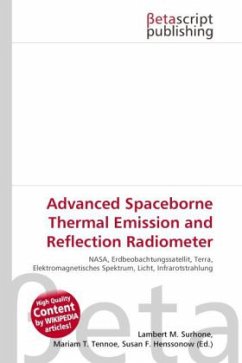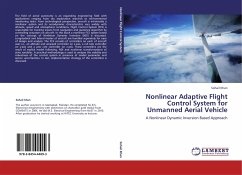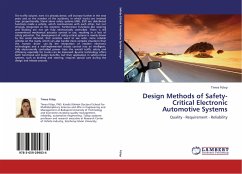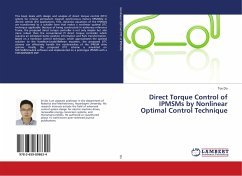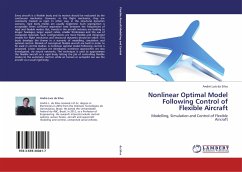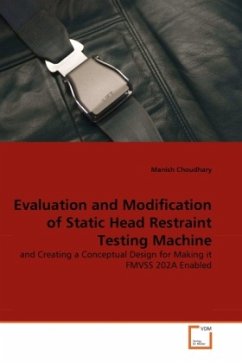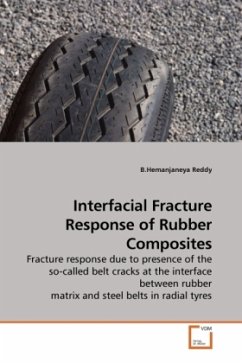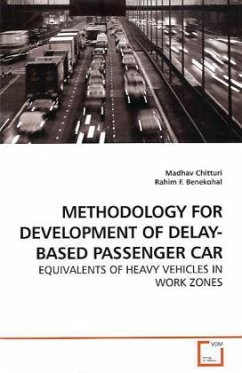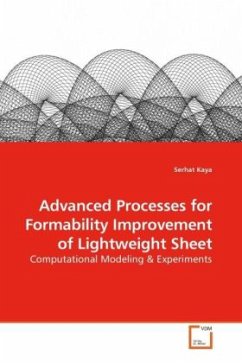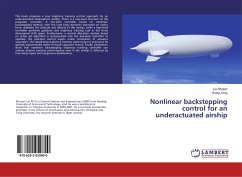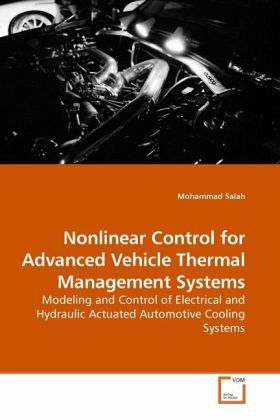
Nonlinear Control for Advanced Vehicle Thermal Management Systems
Modeling and Control of Electrical and Hydraulic Actuated Automotive Cooling Systems
Versandkostenfrei!
Versandfertig in 6-10 Tagen
39,99 €
inkl. MwSt.

PAYBACK Punkte
20 °P sammeln!
This monograph presents several comprehensive nonlinear control architectures to improve coolant temperature regulation and servo motor power consumption to positively impact the tailpipe emissions, fuel economy, and parasitic losses by better regulating the combustion process with multiple computer controlled components. In this monograph, appropriate control strategies for automotive cooling loops are formulated and temperature tracking performance is validated by experimental and computer simulation results. To validate the proposed robust nonlinear controllers, single and multiple loops ex...
This monograph presents several comprehensive nonlinear control architectures to improve coolant temperature regulation and servo motor power consumption to positively impact the tailpipe emissions, fuel economy, and parasitic losses by better regulating the combustion process with multiple computer controlled components. In this monograph, appropriate control strategies for automotive cooling loops are formulated and temperature tracking performance is validated by experimental and computer simulation results. To validate the proposed robust nonlinear controllers, single and multiple loops experimental cooling systems were fabricated and assembled with electrical and hydraulic computer controlled components. The experimental setups featured a variable position smart valve, variable speed electric and hydraulic coolant pumps, variable speed electric and hydraulic radiator fans, engine block, transmission, radiator, immersion heaters, steam based heat exchanger, and various sensors



